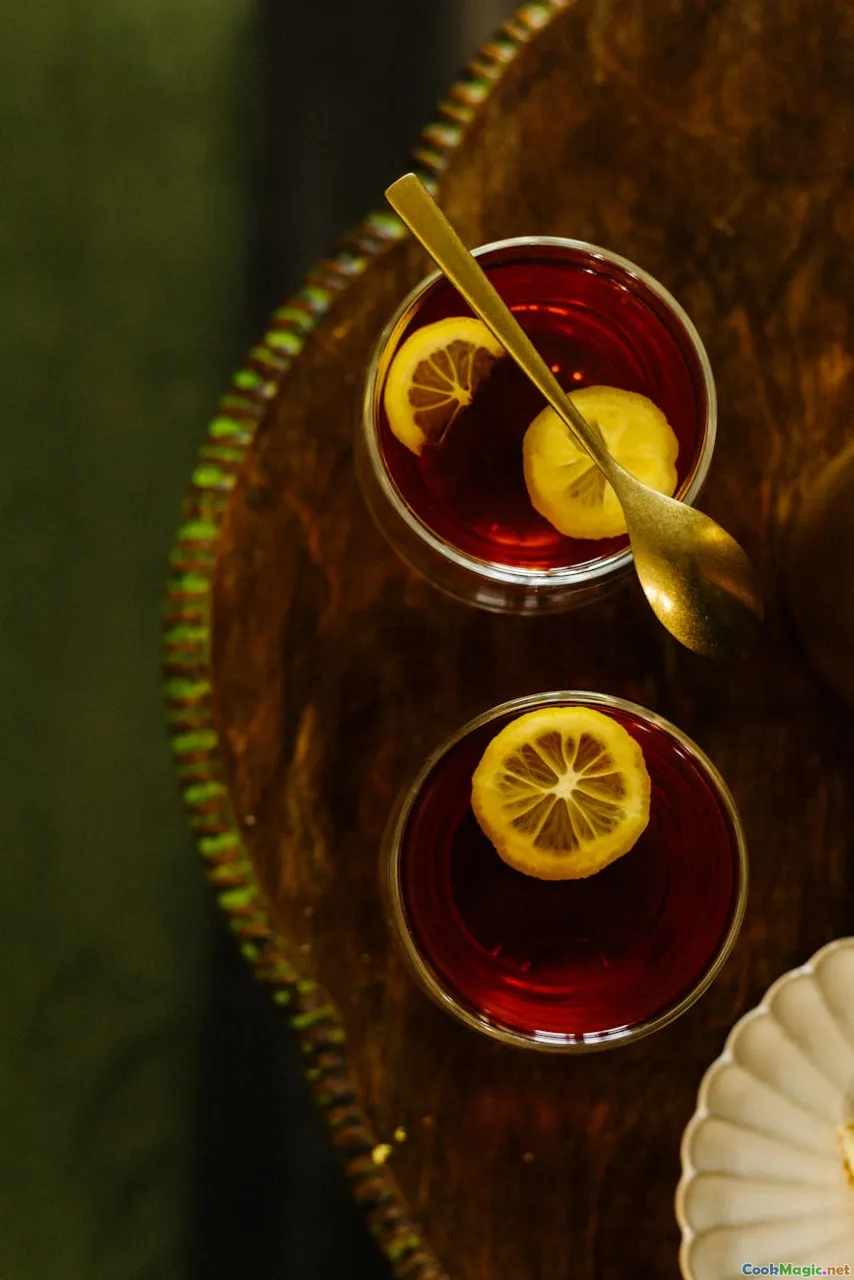Must Try Serbian Drinks and Beverages
8 min read Discover Serbia's rich beverage culture, from potent spirits to refreshing herbal infusions, and immerse yourself in its flavorful traditions. April 24, 2025 05:55
Must Try Serbian Drinks and Beverages
Serbia, a land where history, culture, and tradition blend seamlessly, offers a fascinating array of drinks that tell stories as old as its rolling hills and vibrant cities. If you’ve ever wandered through the bustling streets of Belgrade or the tranquil villages nestled along the Danube, you’ve probably encountered the warm, inviting scent of locally brewed spirits or the refreshing aroma of herbal infusions. Serbian beverages are more than just liquids; they are reflections of the nation’s soul, its resilience, hospitality, and deep-rooted customs.
Join me on a journey through Serbia’s most iconic and beloved drinks—each with its unique charm, history, and sensory appeal. Whether you’re a connoisseur of spirits, a lover of herbal teas, or simply curious about Balkan flavors, this guide will introduce you to the must-try Serbian drinks that promise to delight and surprise.
The Heart of Serbia in a Glass: Rakija
A National Treasure
Few Serbian drinks evoke national pride quite like Rakija. Often called the “Serbian brandy,” this potent distilled spirit is deeply woven into the fabric of Serbian life. Traditionally homemade, rakija is a symbol of hospitality, celebration, and connection.
Varieties and Flavors
While the most common type is Slivovica— a plum brandy — Serbia boasts a diverse array of fruit-based rakijas. Frompear, apricot, quince, to cherryandapple, each flavor offers a distinct sensory experience. The process involves fermenting the fruit, then distilling it in copper stills, resulting in a clear, powerful spirit with an aromatic complexity.
Tasting Experience
Imagine a glass of deeply amber-colored rakija warming your hand, its aroma bursting with ripe fruit, hints of almond, and subtle floral notes. It’s often sipped neat, served at room temperature, allowing its full flavor profile to unfold slowly on the palate. In Serbian tradition, rakija is not just a drink but a gesture of respect, often offered to guests as a sign of friendship.
Cultural Significance
In rural villages, rakija-making remains a cherished craft passed down through generations. Festivals celebrating this spirit, like the Rakija Festival in Čačak, showcase an impressive variety of homemade spirits, accompanied by folk music and dancing.
Herbal Infusions and Natural Tonics
Boza and Herbal Teas
Serbia’s lush landscapes provide a bounty of herbs and plants used in traditional beverages. Herbal teas, infused with mint, chamomile, thyme, and sage, are staples in Serbian households, prized for their soothing properties and aromatic appeal.
The Unique Charm of Boza
While more common in neighboring Balkan countries, Boza—a slightly fermented, mildly sweet drink made from millet or corn—has found its place in Serbian tradition. With a thick, yogurt-like consistency and a tangy, nutty flavor, boza is both a refreshing beverage and a nourishing tonic, especially popular during cold winters.
Sensory Experience
Drinking herbal teas or boza offers a sensory journey—warm, fragrant, and comforting. The herbal infusions often evoke memories of childhood or countryside tranquility, making them an integral part of Serbian daily life.
Refreshing Non-Alcoholic Beverages
Sour Cherry Juice and Slivovica’s Cousin
Serbia’s fertile lands produce abundant cherries, and sour cherry juice is a beloved thirst-quencher. Bright red, slightly tart, yet sweet, this juice is often homemade or sourced from local markets, served chilled on a hot summer day.
Traditional Lemonade and Fruit Juices
Serbian summers are complemented by homemade lemonades infused with mint or raspberry, as well as other fruit-based drinks that highlight seasonal produce. These beverages are not only refreshing but also packed with natural vitamins.
The Role in Social Life
Non-alcoholic Serbian drinks are central to family gatherings, celebrations, and everyday life—offering a taste of hospitality that’s warm, genuine, and unpretentious.
The Rituals and Social Significance
In Serbia, beverages are more than mere sustenance; they are integral to social rituals. From welcoming guests with a shot of rakija to toasting with glasses of herbal tea, these drinks foster bonds and reflect a collective identity.
Celebratory Toasts and Traditions
During festivals, weddings, and other celebrations, raising a glass is a sacred act. The phrase "Živeli!" (“Cheers!”) echoes through gatherings, accompanied by smiles and stories. The act of sharing drinks, especially rakija, embodies Serbian hospitality and warmth.
Homemade Craftsmanship
Many Serbian families take pride in their homemade spirits and infusions. The process of producing rakija, for instance, is often a communal activity, involving family members and neighbors, preserving tradition and craftsmanship.
Personal Reflections and Tips
Having spent time exploring Serbia’s beverage landscape, I can attest that each drink offers a glimpse into the country’s soul. The robust flavors of rakija, the calming effect of herbal teas, and the invigorating tartness of cherry juice all tell stories of land, labor, and love.
For those visiting Serbia, I recommend visiting local wineries or home distilleries, participating in traditional tastings, and engaging with locals who gladly share their favorite recipes and stories.
Final Thoughts
Serbian drinks and beverages are a vibrant tapestry of history, culture, and sensory delight. Whether you’re savoring a glass of homemade rakija, sipping herbal tea by a fireside, or enjoying a chilled sour cherry juice on a summer’s day, you’re experiencing a tradition that has nourished generations.
So, next time you seek a new taste adventure, raise a glass to Serbia’s rich beverage heritage — where every sip tells a story and every toast connects hearts.









